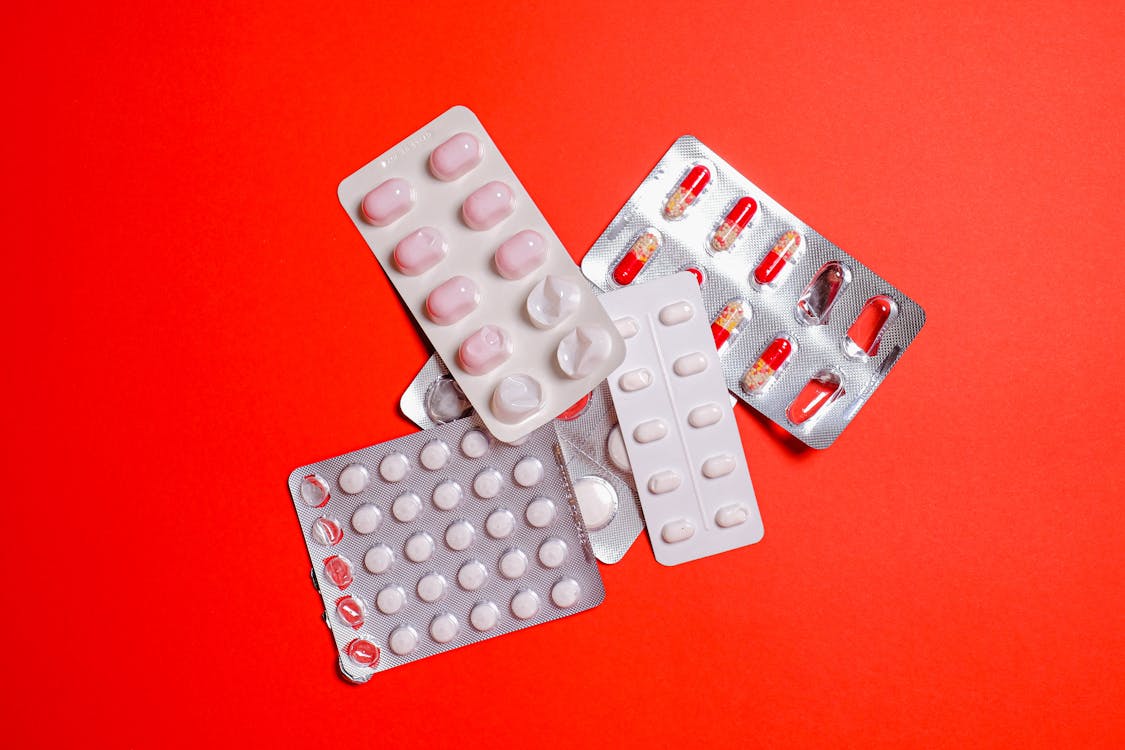I am writing this article because I was recently started on Atorvastatin to bring my cholesterol levels down. I have familial hypercholesterolemia (FH). My two younger daughters have FH too, which was discovered during blood tests when they were hospitalized for other conditions.
FH is an inherited disorder that makes it harder for your body to remove low-density lipoprotein (LDL) cholesterol from your blood.
No matter how hard I control my diet, exercise, and stay away from foods with high cholesterol, my blood cholesterol reading is still very high.
Familial hypercholesterolemia can affect anyone whose family carries the genetic mutation. The biggest problem with FH is that more than 90% of people who have it haven’t been diagnosed, which means you should pay careful attention to your family history.
About a month into taking Atorvastatin, I started to have pain in my right elbow bone. I later found out that I have a condition called Tennis Elbow. Later, I started to have aches in my right hip and buttock. I am now taking a short break from Atorvastatin to see if the pains and aches on my right hand and hip will go away. I will then consult my doctor for an alternative statin to control my cholesterol levels.

Statins are commonly prescribed medications used to lower cholesterol levels and reduce the risk of heart disease. While these drugs are highly effective in managing cholesterol, some individuals may experience side effects such as muscle pain and body aches. In this article, we delve into the scientific research behind the link between statins and body aches, aiming to provide insight into this common phenomenon.
Understanding Statins:
Before delving into the connection between statins and body aches, it’s essential to understand how statins work. Statins function by inhibiting an enzyme called HMG-CoA reductase, which plays a crucial role in cholesterol production in the liver. By reducing cholesterol production, statins help lower blood cholesterol levels and decrease the risk of cardiovascular events.
Scientific Evidence:
Numerous studies have explored the association between statin use and muscle-related side effects, including body aches and pains.
According to a research, published in JACC: Basic to Translational Science, statins cause spontaneous and irregular leaks of calcium from storage compartments within muscle cells. Under normal conditions, coordinated releases of calcium from these stores make the muscles contract. Unregulated calcium leaks may cause damage to muscle cells, potentially leading to muscle pain and weakness.
Mechanism of Muscle Pain:
The exact mechanism underlying statin-induced muscle pain is not fully understood but several theories have been proposed. One theory suggests that statins may disrupt mitochondrial function in muscle cells, leading to decreased energy production and muscle fatigue. Additionally, statins may interfere with the synthesis of coenzyme Q10 (CoQ10), a compound involved in cellular energy production, which could contribute to muscle-related symptoms.
Individual Variability:
It’s important to note that not everyone who takes statins will experience muscle-related side effects. Factors such as age, gender, genetic predisposition, and concomitant use of other medications may influence an individual’s susceptibility to statin-induced muscle pain. Additionally, the severity of symptoms can vary widely among individuals, ranging from mild discomfort to debilitating muscle weakness.
Consultation with Healthcare Provider:
If you experience new or worsening muscle pain or body aches while taking statins, it’s crucial to consult your healthcare provider. Your provider can assess your symptoms, evaluate potential contributing factors, and determine the most appropriate course of action. In some cases, adjusting the dosage of the statin or switching to a different medication may alleviate symptoms while still effectively managing cholesterol levels.
